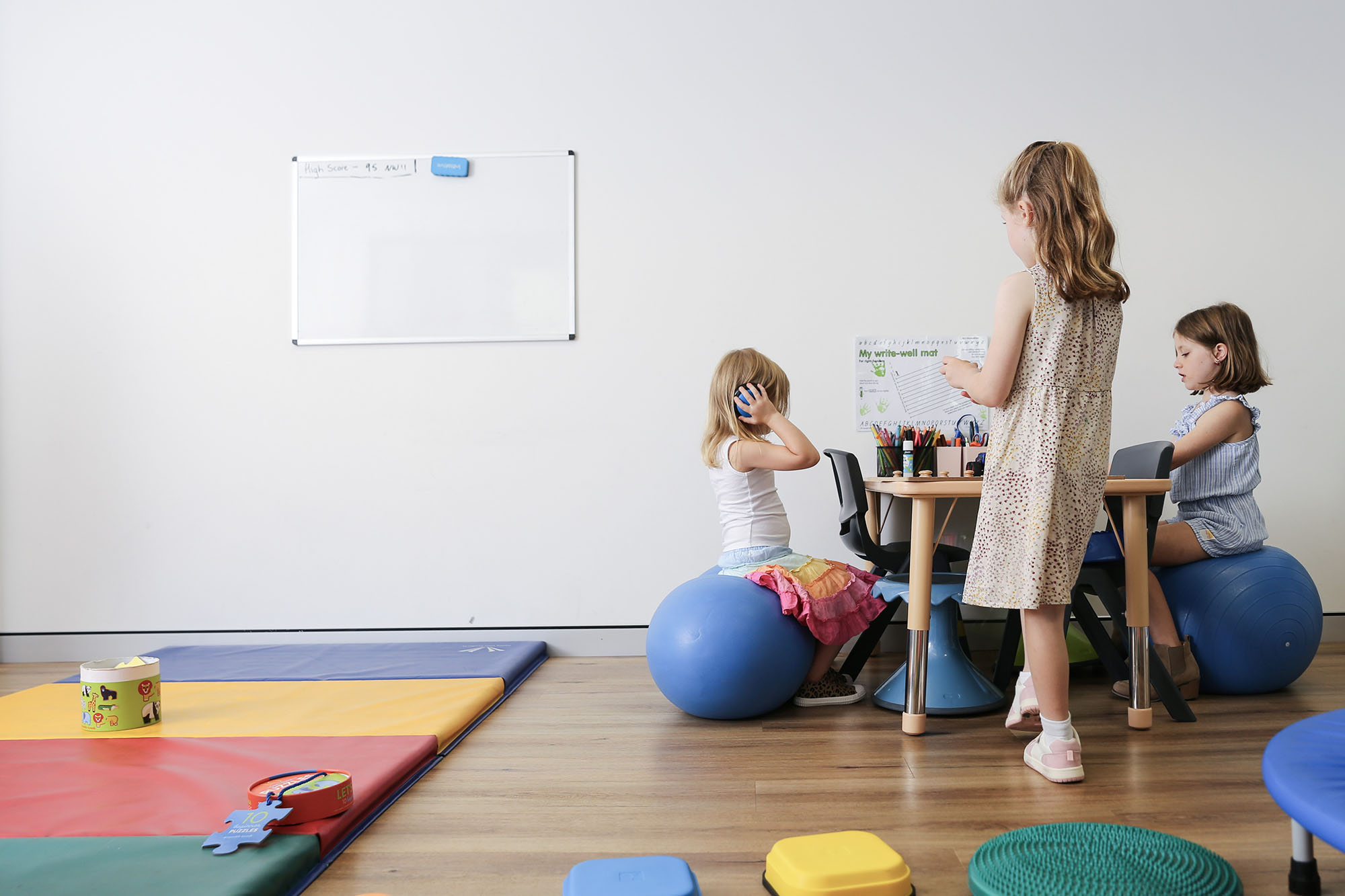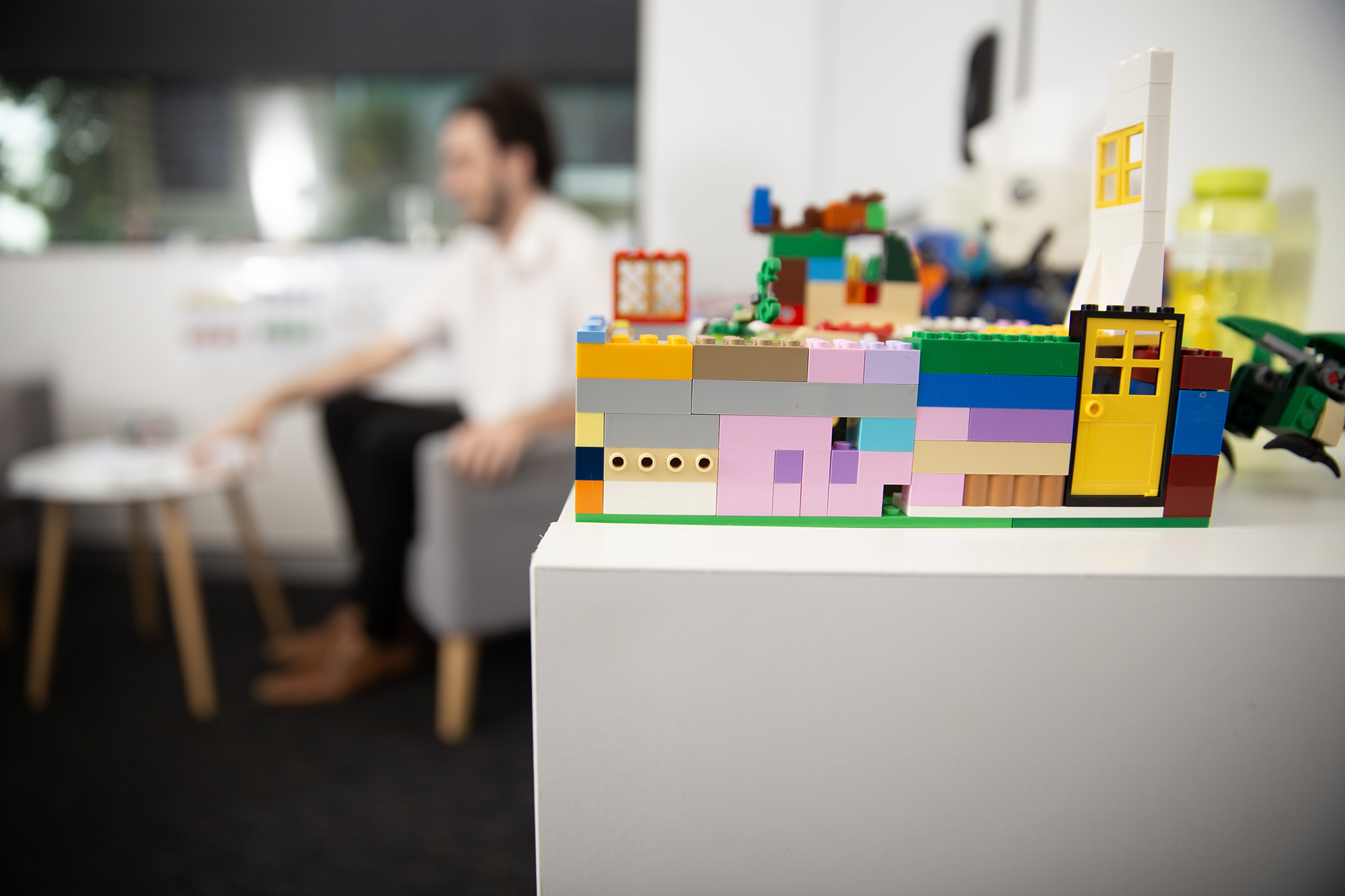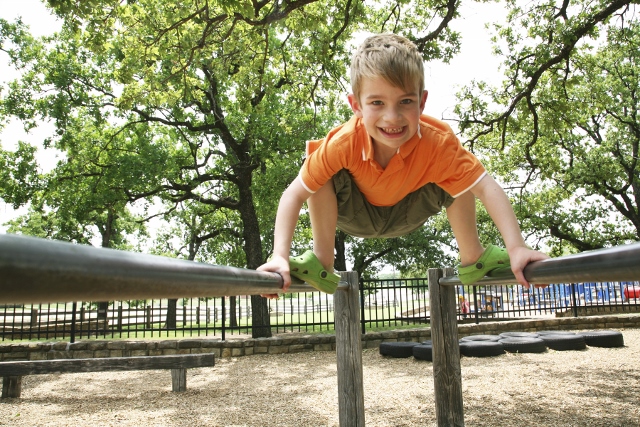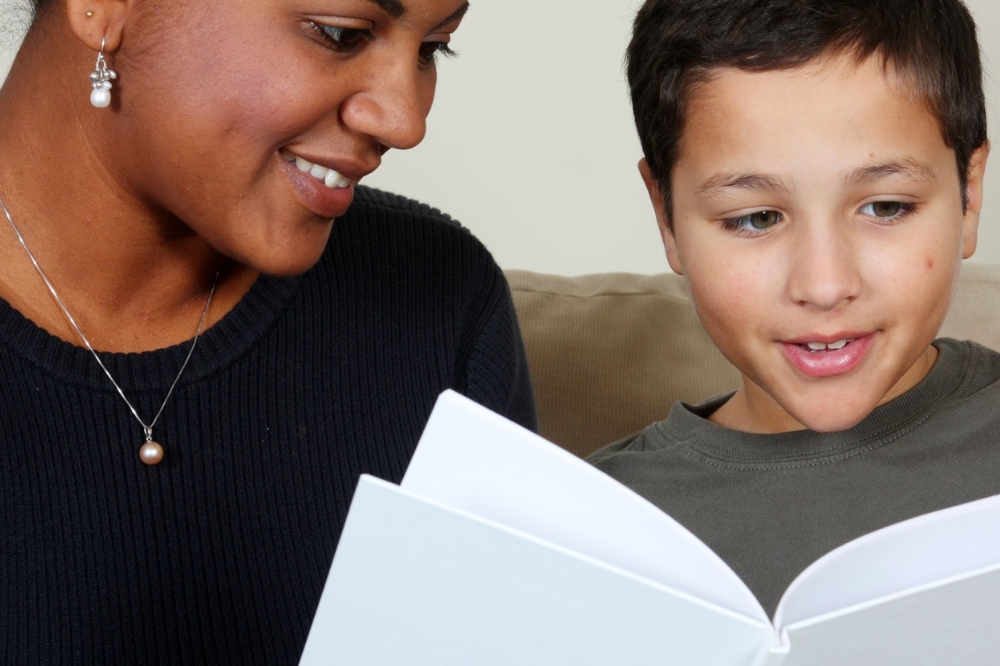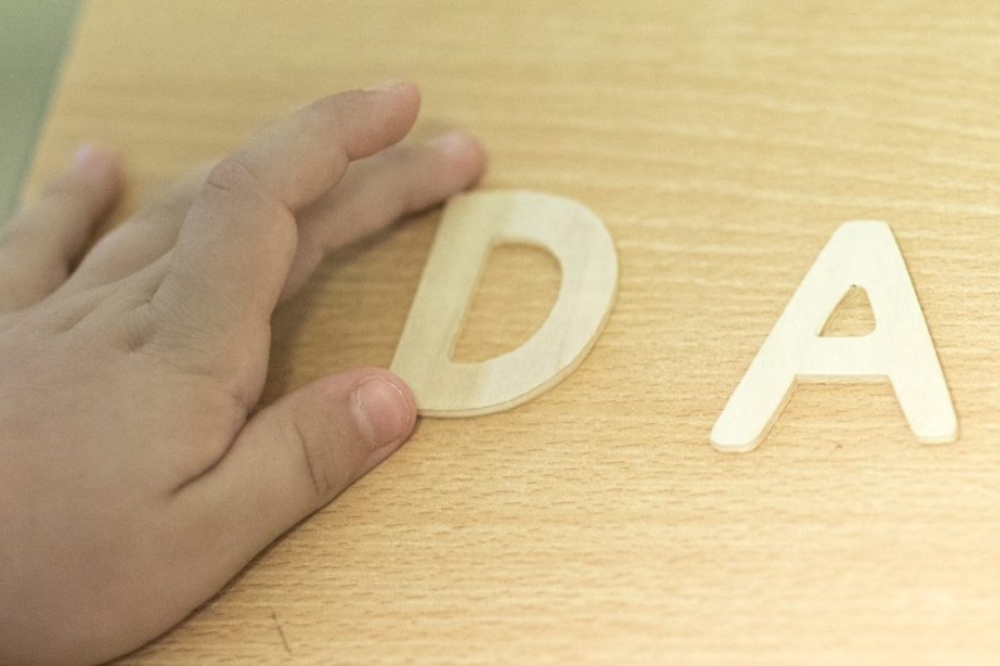- Assessments
- /
- Cognitive
Cognitive Assessments
Cognitive assessments measure a child's current thinking, memory, problem-solving, and reasoning skills compared with other children their age.
About Cognitive Assessments
Cognitive assessments help identify differences or difficulties with mental functions. They are important for finding out if your child has a learning difficulty, as well as understanding if there’s differences in intellectural functioning, such as an intellectual disability, or giftedness. If your child is struggling in school or shows advanced abilities, understanding their cognitive profile can be helpful. The results guide recommendations for the best support at school and home to help your child learn and thrive.

What to expect in the assessment
In the first session with one of our qualified psychologists, we will discuss your concerns about your child’s thinking and learning. The initial appointment lasts one to one and a half hours, during which the psychologist will gather background information and history. They will recommend the most appropriate standardised assessment, which takes one to two hours. It’s helpful to bring any relevant reports or letters about your child to this session.
We will share the assessment results in a written report and in a face-to-face meeting, giving you a chance to ask questions. The feedback session typically lasts one to one and half hours. The report will take up to four weeks to complete, and full payment is required before we release it. You can share the report with your child’s school.


